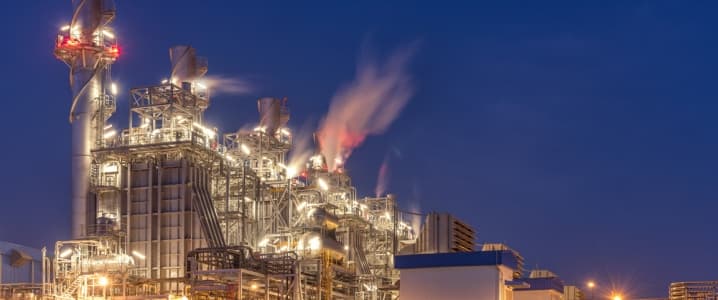Oil and gas giant BP has recently intensified calls for sustainability and for reducing carbon emissions in the world’s energy systems, acknowledging that the energy transition is already underway, but admitting that the world still needs to do much more to address the effects of climate change.
To show the world and shareholders that it is taking climate change seriously, BP—like other oil majors—is investing in low-carbon technologies and businesses.
The latest such foray of the UK supermajor into sustainability is a US$30-million investment in an alternative protein producer that has developed a technology to turn natural gas into fish and other animal feed, without compromising the food chain and free from negative environmental impacts.
Many of the currently used fish and animal farming methods have been called out as unsustainable and as having serious impacts on arable land, water resources, and wild fisheries because wild-caught fish are often used to make fish meal for fish and seafood farming.
BP Ventures, BP’s alternative energy investment arm, is now an investor in Calysta, a California-based producer of protein out of bacteria that feeds on the methane in natural gas.
Calysta has patented a production process in which methanotrophs—naturally occurring micro organisms—digest natural gas, converting it to protein. The California company has developed a sustainable fermentation technology, creating a protein for feeding fish, livestock, and pets. The process uses no agricultural land and very little water, making “more from less”, in an alternative sustainable protein production that can help improve global food security, Calysta says.
BP’s investment will help the California company to expand the production of the protein, called FeedKind, and to support its ambition for a global rollout, the oil and gas supermajor said. Related: $4.5-Trillion: The Price Tag of A Fossil Fuel-Free U.S.
“Welcoming BP as a partner is a tremendous step forward for FeedKind protein and the best indicator yet that Calysta’s solution to food insecurity in a resource-constrained world can and will achieve global scale,” said Alan Shaw, Ph.D., Calysta President and CEO.
For BP, the partnership will mean a new, albeit quite unusual, market for the natural gas it produces.
“We are really excited to be working with the team at Calysta, bringing them into the BP Ventures family as we seek new commercial opportunities for our gas business. Their technology complements our core business while providing opportunities for sustainable products for tomorrow,” BP Ventures managing director Meghan Sharp said.
BP Ventures has so far invested some US$500 million in more than 40 companies specializing in advanced mobility, power and storage, carbon management, organic and low-carbon products, and digital transformation.
While BP is keen to show support for sustainable alternative game-changing green technologies, it is surely not getting out of the oil and gas business—it actually wants to boost oil production from high-margin low-cost resources and it’s growing its natural gas production, describing natural gas as a cleaner-burning fuel than coal in power generation.
“As I have said before, this is not a race to renewables, but a race to reduce carbon emissions across many fronts,” group chief executive Bob Dudley said at the presentation of the BP Statistical Review of World Energy 2019 earlier this month.
In this review, BP warned that the world is moving further away from a sustainable path as carbon emissions increased last year at the fastest pace since 2011 due to unusually hot and cold spells in many parts of the world that drove a rise in energy use. Related: Shale Executive Sees “Another Round Of Bankruptcies” Looming
“The world is on an unsustainable path: the longer carbon emissions continue to rise, the harder and more costly will be the eventual adjustment to net-zero carbon emissions. Yet another year of growing carbon emissions underscores the urgency for the world to change,” Dudley said.
BP’s stark warning comes at a time when the world’s largest oil companies face increased investor pressure to start addressing climate change risks and set emission reduction targets if the world is ever to achieve the Paris Agreement targets.
BP says it aims to cut its own carbon footprint with near-term targets for emissions reductions, while oil and gas will be needed—despite mounting concerns about emissions and climate change—because billions of people around the world still need access to energy to improve their lives and living standards.
By Tsvetana Paraskova for Oilprice.com
More Top Reads From Oilprice.com:
- China Launches World’s First Smart Oil Tanker
- Hedge Funds Halt Selloff In Oil As Mid-East Tensions Spike
- China’s Risky Move To Boost Domestic Oil Production


















